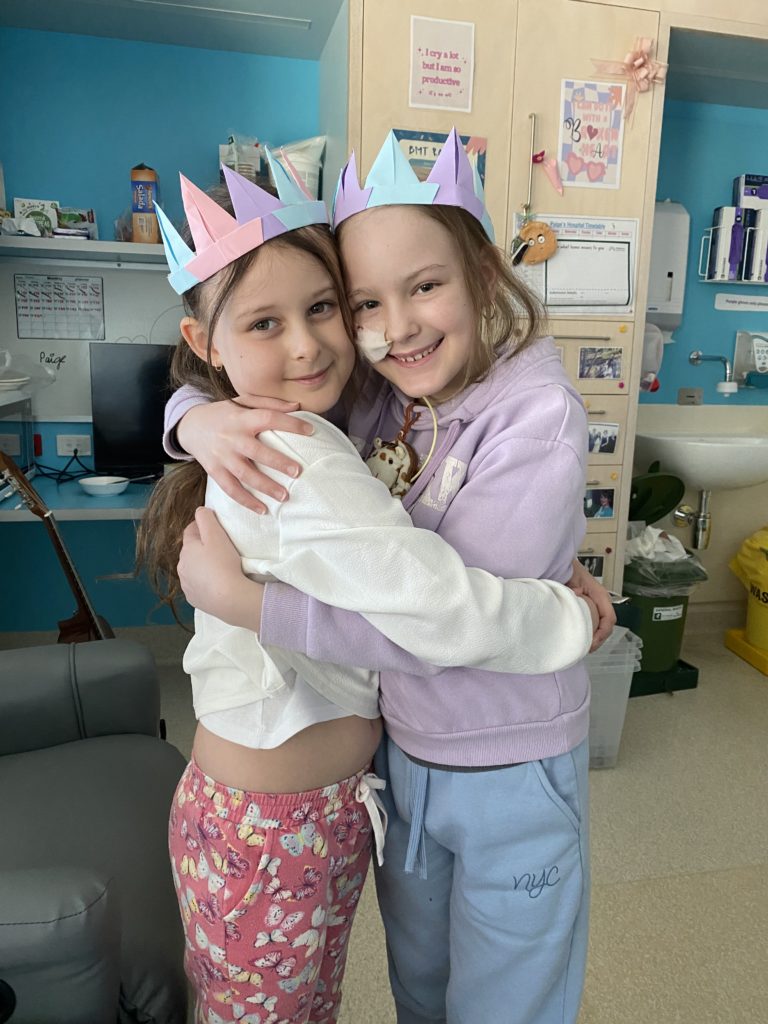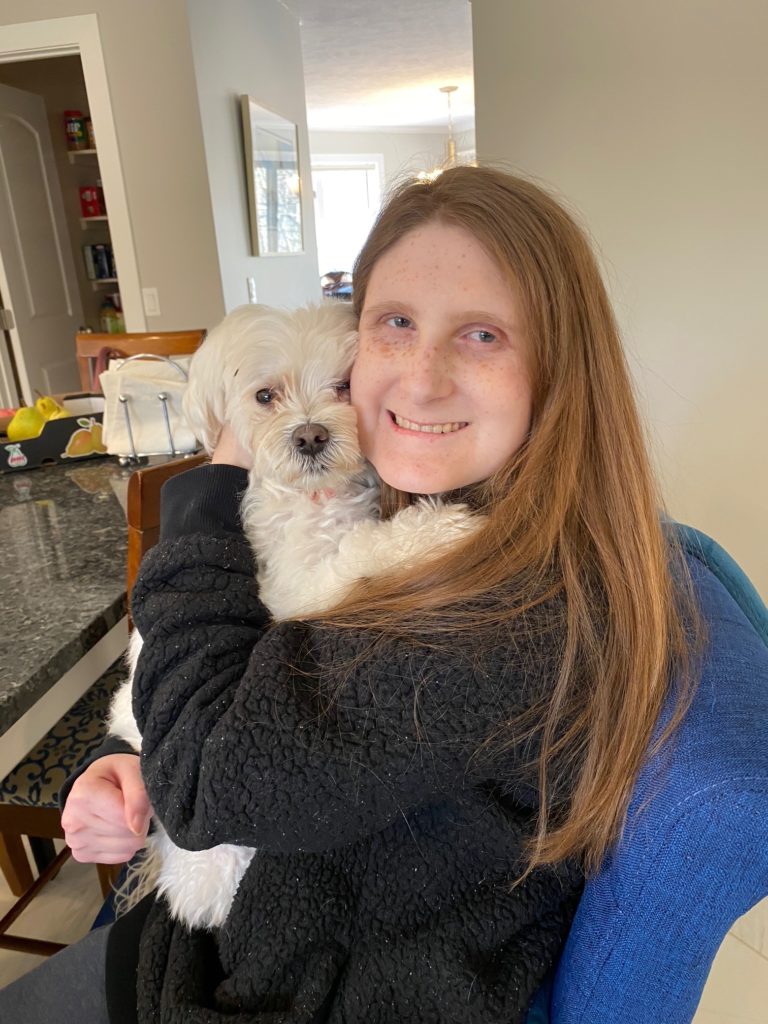Supported Research
-
With a 500–700 times greater risk of head and neck squamous cell carcinoma, individuals with FA face a pressing need for prevention strategies. Building on findings from FCF’s collaboration with Stand Up to Cancer, this multi-institute clinical trial evaluates naproxen and metformin as potential chemopreventive...
-
This project continues the long-running “Reducing the Burden of SCC in Fanconi Anemia” initiative, first funded by FCF in 2006. Dr. Velleuer-Carlberg and Ms. Krieg lead efforts to advance oral cancer screening through education, outreach, and research. Their work has shown the effectiveness of brush...
-
This project builds on ongoing collaborations among BC Cancer, the NIH, and the University of Düsseldorf. Drs. Guillaud and Laronde are developing an automated DNA ploidy analysis platform for oral brush samples from individuals with FA. This innovative, noninvasive method enables frequent monitoring of cellular...
-
Drs. Giri and McReynolds will continue their work developing an evidence-based cancer screening program for individuals with FA through supplemental funding to their existing NIH Center Comprehensive Program. Their project studies the natural history of oral potentially malignant lesions (OPMLs) and investigates biomarkers of carcinogenesis....
-
Project Overview: This project addresses an urgent need for alternative therapies for individuals with FA aimed at preserving stem cell function, reducing genome instability, and delaying cancer onset. By developing novel therapeutic strategies utilizing translational-read-through-inducing drugs (TRIDs), nonsense-mediated decay (NMD) inhibitors, and anticodon-engineered tRNAs (ACE-tRNAs)...
-
In collaboration with the American Association for Cancer Research, a global leader in cancer research, we've presented Dr. Wang with the 2024 Fanconi Cancer Foundation-AACR NextGen Grant for Transformative Cancer Research. Through this groundbreaking work, Dr. Wang seeks to prevent cancer in patients with Fanconi...
-
This supplemental funding builds on the groundwork laid by the 2022 grant awarded to Drs. Markus Grompe and Raymond Monnat, titled Oral Mucosal Gene Therapy as a Prevention for FA-Associated Cancers. The proposed research focuses on reducing the risk of squamous cell carcinoma (SCC) in...
-
This supplemental funding builds on the work from the 2020 Fanconi Cancer Foundation grant awarded to Dr. Grompe, titled Chemoprevention of Cancer in Fanconi Anemia, and additional research supported by the Stand Up To Cancer head and neck cancer team in 2022. Chemoprevention studies are...
-
This is an extension of a project funded in 2023. Correcting FA mutations in all cells of the body may prevent issues such as bone marrow failure and cancer in people with FA. Since mutations in FA genes start during the gestational process, the ideal...
-
Fanconi anemia (FA) patients show an increased predisposition to squamous cell carcinomas (SCC). Tumors, being complex cellular ecosystems, are composed of a myriad of different cell types including malignant cells, infiltrating immune cells, fibroblasts, and endothelial cells. Interactions among these cell types can determine the...
The Latest
News & Events

Research is the answer to one day making FA a treatable, manageable disease. Here, you'll discover the most recent strides in FA research and activities funded by FCF. Every quarter, we'll bring you updates on newly funded grants, ongoing projects, and significant milestones.

What I hope for most is a cure. And until then, I hope for Paige and others with FA to live lives as close to normal as possible, filled with opportunity, independence, and happiness.

Fear and sadness are embedded with Fanconi anemia (FA), yet I have always tried to have a hopeful tone to my essays thinking of the effect on the families who read it. This one is no different. I lost my gutsy 24-year-old daughter Tara in September. She was created by God for purpose. I always told her she brought out the best in people.


